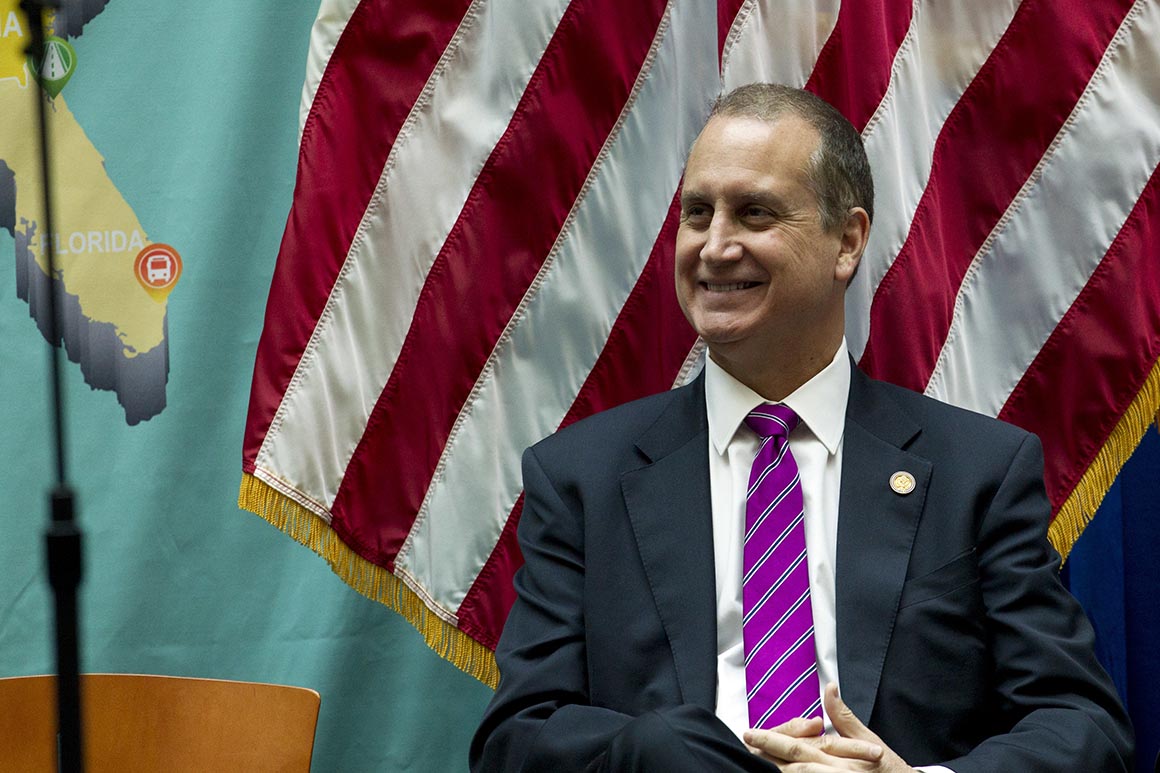
“I want everyone to know that I am feeling much better,” Diaz-Balart said in the statement. “However, it is important that everyone take this extremely seriously and follow CDC guidelines in order to avoid getting sick and mitigate the spread of this virus. We must continue to work together to emerge stronger as a country during these trying times.”
McAdams, 45, also said his symptoms began mildly on Saturday night, after he had returned to Utah. He immediately began self-quarantining on the advice of his doctor.
“My symptoms got worse and I developed a fever, a dry cough and labored breathing and I remained self-quarantined,“ McAdams said in a statement. “On Tuesday, my doctor instructed me to get tested for COVID-19 and following his referral, I went to the local testing clinic for the test. Today I learned that I tested positive.“
Diaz-Balart said he decided to remain in Washington on Saturday because he was concerned about being in his South Florida home, where his wife, who has a pre-existing condition, would be “at exceptionally high risk.”
Like Diaz-Balart, McAdams didn‘t indicate whether he had urged any of his colleagues or aides to self-quarantine.
The news of two members testing positive has already begun rippling across Congress. Rep. Drew Ferguson (R-Ga.) said on Wednesday night that the House doctor had advised him to self-quarantine until March 27 because he “was in contact with a member of Congress on March 13th that has since tested positive for COVID-19.“
The House minority whip, Rep. Steve Scalise (R-La.), said on Wednesday that he, too, would self-quarantine because he had held an “extended meeting“ with Diaz-Balart late last week. Scalise is now the highest-ranking lawmaker to self-quarantine amid the outbreak.
Overnight, four more lawmakers announced self-quarantines.
Rep. Frederica Wilson (D-Fla.) told the Miami Herald that she would isolate herself and that another member of the Florida delegation was being tested based on symptoms.
Rep. Stephanie Murphy (D-Fla.), Rep. Kathleen Rice (D-N.Y.) and Rep. Ann Wagner (R-Mo.) also announces self-quarantines.
Though Diaz-Balart and McAdams are the first in Congress to develop coronavirus, the illness has struck among a small number of congressional aides. It’s sure to heighten already-acute fears on Capitol Hill that members themselves, particularly the high proportion of elderly lawmakers, are vulnerable when they meet in Washington.
The development appears likely to revive an internal House debate about whether to permit remote voting for lawmakers amid a pandemic that‘s ravaging the country, pummeling the economy and limiting members‘ ability to travel across the country.
Speaker Nancy Pelosi and other Democrats have resisted the idea, worrying that it would set a damaging precedent for the future and signal a lack of confidence from government in the country‘s fight against coronavirus. But with two lawmakers ill and untold others exposed, some lawmakers say it‘s time to think again.
“In. Person. Voting. Should. Be. Reconsidered,“ Rep. Debbie Mucarsel-Powell, a freshman Democrat from Florida, said in a tweet late Wednesday. “For the safety of our communities, during this emergency, we must be able to legislate from our districts.“
Earlier in the day, 50 lawmakers of both parties wrote to House leaders asking them to reconsider remote voting as well, arguing that Congress must hold itself to the same standards it‘s asking of other Americans.
Source: politico.com
See more here: news365.stream


















